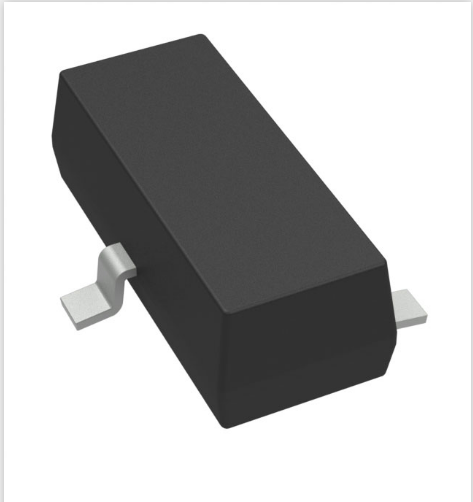In the world of electronics, voltage regulators and voltage references play a crucial role in ensuring the stability and accuracy of voltage levels within integrated circuits. These components are essential for maintaining the proper functioning of electronic devices and systems, and their importance cannot be overstated. In this blog, we will explore the significance of voltage regulators and voltage references, their applications, and the impact they have on the performance of electronic circuits.
Voltage regulators are integrated circuits that are designed to maintain a constant output voltage regardless of changes in input voltage or load conditions. They are widely used in electronic devices to ensure that the voltage supplied to critical components remains within a specified range, thus preventing damage and ensuring reliable operation. Voltage regulators come in various configurations, including linear regulators and switching regulators, each with its own set of advantages and applications.
Linear voltage regulators are commonly used in applications where a stable and low-noise power supply is required, such as in audio amplifiers, sensor interfaces, and precision measurement equipment. These regulators provide a simple and cost-effective solution for maintaining a constant output voltage, making them suitable for a wide range of electronic devices. On the other hand, switching voltage regulators are more efficient and are often used in battery-powered devices, power supplies, and other applications where energy efficiency is a priority.
One of the key factors in the performance of voltage regulators is the accuracy of the reference voltage they use as a basis for regulation. This is where voltage references come into play. Voltage references are precision components that provide a stable and accurate voltage output, which serves as a reference for the regulation circuitry. They are essential for ensuring that the regulated output voltage remains within the specified tolerance, thus guaranteeing the proper operation of the electronic system.
In addition to voltage regulators, voltage references are also used in a wide range of applications, including data converters, analog-to-digital converters, digital-to-analog converters, and other precision measurement and control systems. Their ability to provide a stable and accurate voltage output makes them indispensable in applications where precision and reliability are paramount.
For example, in a 5V voltage regulator circuit, a voltage reference with high accuracy and stability is crucial for maintaining the regulated output voltage at the desired level. Any deviation in the reference voltage can lead to errors in the regulated output, potentially causing malfunctions or damage to the connected components. Therefore, the selection of a suitable voltage reference is critical in ensuring the overall performance and reliability of the voltage regulator circuit.

Another important aspect of voltage regulation is the ability to handle transient events and fluctuations in the input voltage. This is particularly important in applications where the input voltage may vary due to external factors such as power supply fluctuations or load changes. Voltage regulators with built-in protection features, such as overvoltage and undervoltage protection, can help safeguard the connected components from potential damage caused by these transient events.
Relay voltage regulators are another type of voltage regulation device that is commonly used in industrial and automotive applications. These regulators are designed to control the voltage levels supplied to relays, solenoids, and other electromechanical devices, ensuring that they operate within their specified voltage range. By providing a stable and reliable voltage supply, relay voltage regulators help prevent issues such as relay chatter, contact welding, and other problems that can arise from unstable voltage conditions.
In conclusion, voltage regulators and voltage references are essential components in electronic circuits, playing a critical role in maintaining the stability and accuracy of voltage levels. Whether it's ensuring a constant output voltage for sensitive electronic components or providing a stable voltage reference for precision measurement systems, these components are indispensable for the proper functioning of electronic devices and systems. As technology continues to advance, the demand for more efficient and precise voltage regulation solutions will only continue to grow, further emphasizing the importance of voltage regulators and voltage references in the field of electronics.


